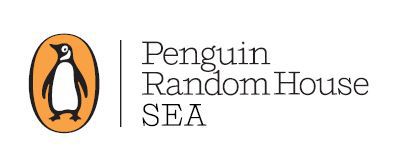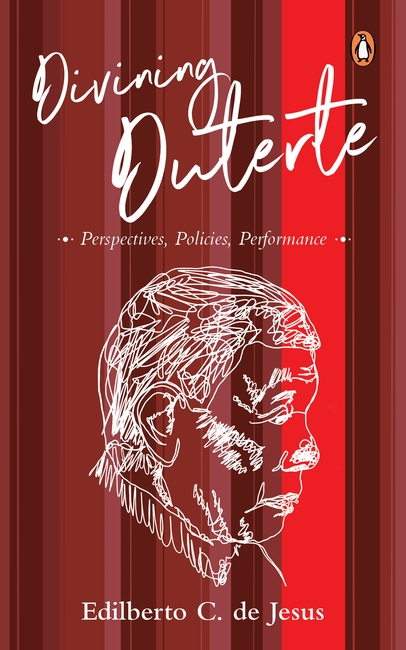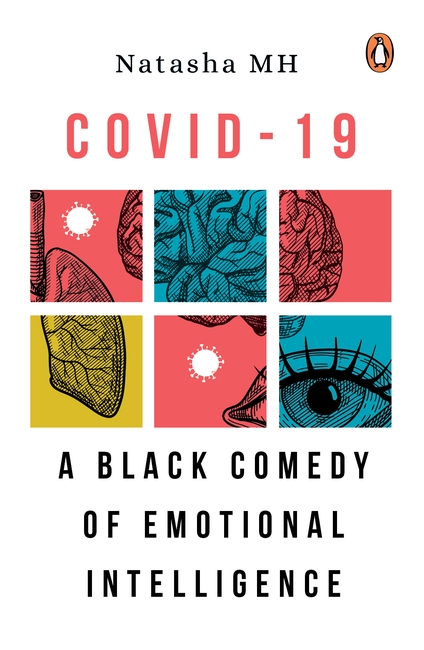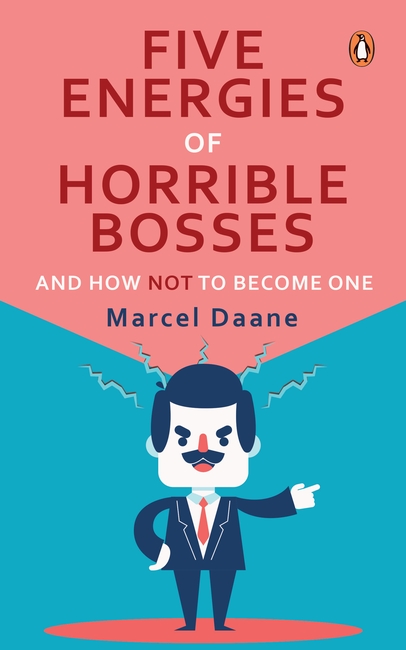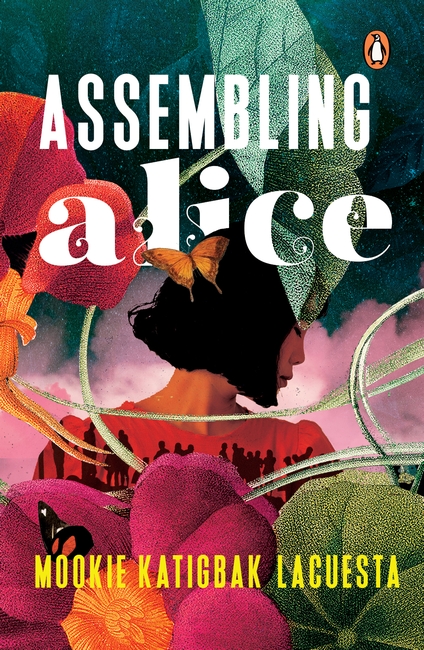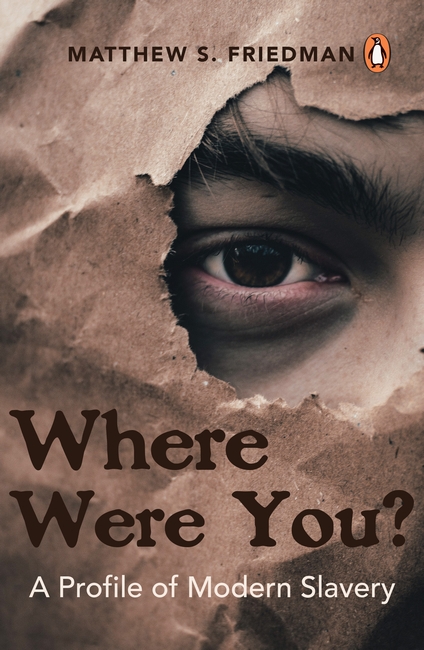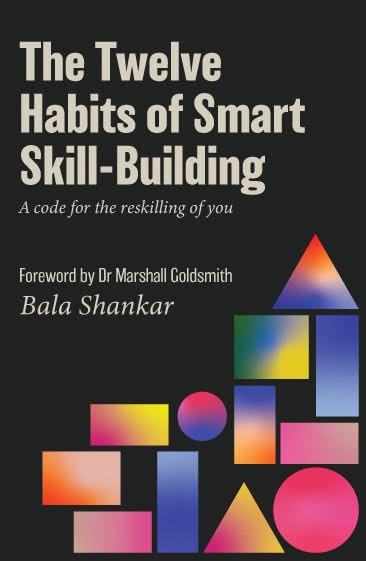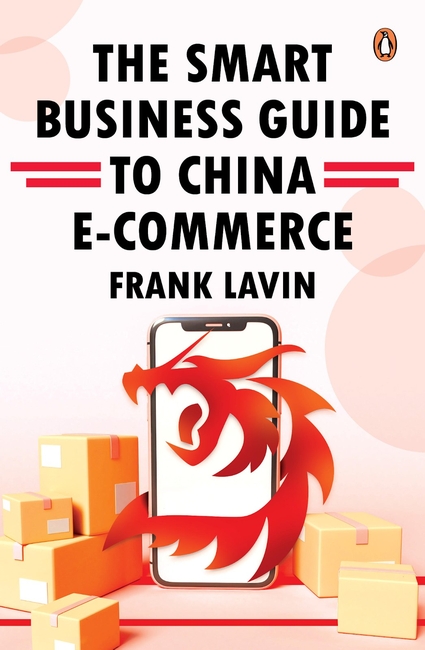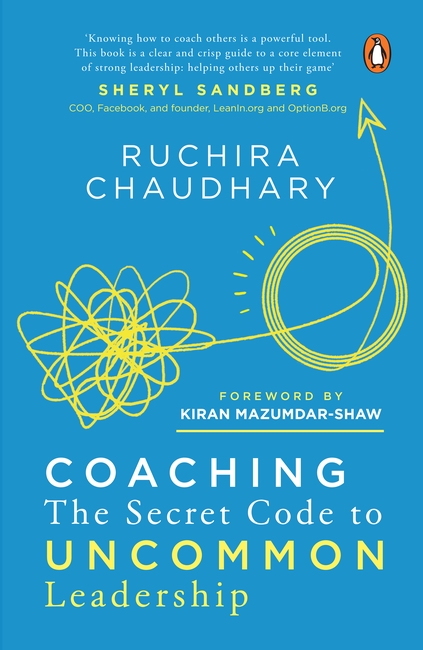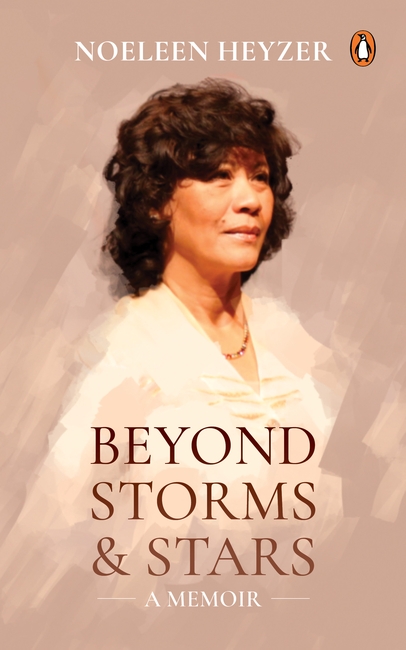
First published as opinion pieces, the essays in Divining Duterte provide contemporaneous commentaries on the context, course and consequences of the policies Philippine President Rodrigo Duterte pursued after his 2016 election.
Duterte became the first president in seventy years to come from Mindanao and the first to vault from a city mayor’s office to Malacañang Palace. Exploiting the potential of social media, Duterte was an Asian example of the elected “populist strongman,” like Brazil’s Bolsonaro, Hungary’s Orbal, and Russia’s Putin. His policies challenged the commitment to established political values assumed unassailable: human rights and the rule of law; separation of powers; and the preference to ally with the United States and other nations that shared its democratic liberal values rather than with authoritarian regimes. Despite these policies and problems coping with the pandemic, public opinion polls rewarded him with high approval ratings.
Restricted to a single presidential term, he will inevitably exert an influence on the 2022 elections. Duterte’s 2016 underdog victory rewrote the rules for presidential politics. In reviewing the path he took to bring the country towards 2022, Divining Duterte explores his success in overturning Philippine political values

The pandemic crisis is not showing us our lives are irrevocably damaged. On the contrary, it reminds us of our role towards humanity and that some areas may have been neglected and systems need to be upgraded.
From weak healthcare systems, poor leadership, to the frailty of human communication, COVID19: A Black Comedy of Emotional Intelligence is both a social satire and a reflection exercise towards becoming a more engaged citizen of the world after the virus turned the world upside down. So much was conveyed from mainstream media, social media, skeptics and conspiracy theorists alike which rose to the surface like crema, an interesting tapestry of reexamining life as how we know it. A pandemic united the world, many agree to disagree on how the future of the planet ought to be handled. People saw ugly truths of their governments with their backhanded policies. But will life ever be the same again? It isn’t just about the world in action but also about countries and their inaction. And where do we go from here? All of these are discussed in short reflective pieces that make up the entire book written during quarantine.
Each chapter fuses aspects of both science and arts, swinging from psychology, sociology, politics to economics providing both comic relief and cognitive stimulation. Students, educators and readers alike can benefit from the compilation of facts and sardonical approach.

‘The fundamental difference between a great boss and a horrible boss is how they project their energy onto others. Everything else is born from that energy’
Five Energies of Horrible Bosses…And How Not To Become One is a Leadership Book like you have never read before. This book offers a holistic framework using a powerful blend of Ancient Asian Energy Practices and Modern Western Science that helps leaders and teams master their energy projection for better influence, connectedness, communication, and collaboration.
Born from an early adult life of repeated failures, managing clinical depression, alcoholism, and finally becoming a horrible boss himself, Marcel Daane tells a compelling story how he finally found direction through his practice of Martial Arts, combined with Meditation and Energy Healing.
Citing real-life examples while working with leaders and teams as a Professional Certified Coach and Neuroscientist, Marcel shares his powerful system that not only helps you assess for yourself whether the type of energy you are generating and projecting is serving you as a leader or boss, but it also teaches you how to become a master of all five energies so you can ensure you will never ever become a horrible boss yourself.

Before and after the Battle of Manila, a Japanese spy and an American soldier have one thing in common: they both fall in love with Alice Feria, a pianist who would later become one of the first women journalists in the Philippines. Both would prove to be instrumental to her survival during the Japanese occupation and the liberation of Manila.
Assembling Alice is a portrait of a woman as much as it is a portrait of the times she lived in. She came of age during the commonwealth period, survived both the occupation and the war, and did not write of her experiences as much as she spoke of them to those in her inner circle. Her experiences were sublimated into editorials she wrote for a small magazine called The Filipino Home Companion where she wrote of nation-building and what it meant or should mean to be a Filipino after the second world war.
Inside these pages are the stories she told, and have been told about her.

There are more slaves in the world today than any other time in history.
Enter the world of human trafficking and explore what we can do together to end this global crime. Where Were You?: A Profile of Modern Slavery by Matthew Friedman provides an up-to-date overview of human trafficking, a largely ignored present-day evil, and recounts true stories of enslavement in Asia today. Former United Nations and USAID expert Matthew Friedman obtained in-depth first-hand knowledge with boots-on-the-ground work over 30 years throughout Asia. Human trafficking exists in nearly every nation on earth and Friedman has personally interviewed hundreds of freed slaves and imprisoned traffickers throughout South and Southeast Asia.
The modern slave trade operates in brothels, fisheries, clothing and chocolate industries, as well as a myriad of other manufacturing jobs and is a billion dollar business that continues to grow unchecked.
Even with the collective response of governments, the UN and civil society partners, less than 0.2 percent of the victims are assisted.
“We’re not winning the fight against human slavery. Relying solely on the anti-slavery community around the world to tackle the scourge of modern slavery and the criminals behind it simply is not working. Unless something drastic changes, this trend will continue unabated,” writes Friedman.
This book not only reveals the plight of human trafficking victims, Friedman also offers valuable advice and guidance related to his own personal experiences working in the counter-trafficking and development world. He offers valuable lessons for those thinking about entering this field.

A constant stream of impoverished women and girls have been, and are being, enslaved and abused in the Asia Pacific region. Slavery is not a historical issue – it’s happening today. History is repeating itself.
Through Sylvia Yu Friedman’s work in journalism, counter-trafficking and philanthropy, she has had rare and incredible access to victims of sex trafficking and modern slavery in China, Thailand, Cambodia, North Korea, South Korea, Myanmar and Indonesia.
Amid this terrible human suffering, she has seen frontline workers carrying a great light that has overcome the darkness in some of the most frightening places on Earth. This memoir describes her personal journey in the fight against slavery through supporting philanthropic initiatives and raising awareness through writing articles and producing films. She shares her personal setbacks, and how her awakening to the plight of the victims of Imperial Japanese sex slavery during World War II helped her come to terms with her identity issues over her Korean heritage. She writes about the lessons – the good, the bad, and the ugly – and the people and events that have shaped her along the way.

Human improvements have always been the backbone of inventions that advanced mankind. These were based on both knowledge and skills that we gained from time to time. Never before in the past decades has the topic of skills received as widespread attention and debate as now, with dominant opinion equating success with upskilling or reskilling – and failure with stagnant skillsets.
The concept of lifelong learning is challenging the old school maxim of frontloading all education. It is therefore intriguing to understand how people can take their core skills to new areas of work. What is the morphing mantra? How do people reshape their skillsets even when they are out of school? As knowledge and skill become increasingly crucial in the human versus machine competition, should we be analysing how we use old skills to do new tasks? And develop new skills with old abilities? What habit patterns helped successful people embrace skill-learning and build it as a second nature?

‘The Smart Business Guide to China E-Commerce is for any business that is thinking about a China strategy or how to approach international e-commerce. China has perhaps one of the most advanced e-commerce ecosystems in the world, and every retail brand needs a China e-commerce strategy. This book tells you how to make the most of this for your company.’
— Vamsi Mohan Thati, President, Coca-Cola Greater China & Mongolia
China is the largest e-commerce market in the world and the most digital of the major economies. At the same time, many international brands are intimidated by the China market given their lack of familiarity and the significant cultural and language differences.
The Smart Business Guide helps bridge this gap by providing a how-to approach to the China e-commerce ecosystem. E-commerce provides a powerful tool for brands to reach consumers and offers the predictability and statistical feedback that dramatically reduces the costs of a brand to enter the China market.
A quick, punchy read, The Smart Business Guide is a useful book for consumer brands, retailers, and entrepreneurs. It covers critical areas such as:
— How any brand can be a pure-play e-commerce brand in China
— How Chinese consumers are different from U.S. consumers
— The main platforms and social media channels
— Case studies of success and failure in China
— How to deal with market entry challenges, trademark registration, and product approval
— How to compete and win in the most challenging — and most promising — retail market in the world

This book lucidly illustrates how a leader can bring out the very best in people by coaching them, and how coaching can unleash creativity as well as innovation while inspiring teams to play to their potential. It also examines how coaching helps leaders maintain a fine balance between managing and guiding, and between appraising and supporting their teammates. While many excellent books have been written about leadership, talent and coaching, this is a rare book that stands boldly at the intersection of leadership and coaching.
This is a book for our times. Businesses are facing a new reality, characterized by a VUCA (volatile, uncertain, complex and ambiguous) world. This new reality has forced organizations to depart from conventional command-and-control practices to a completely new model – a model in which leaders support and guide, rather than instruct and control, their team members. Exploring some of the key ingredients of impactful leadership, Coaching offers tips
and tricks, backed by research and incisive insights, on how to become an effective leader-coach. Peppered with interesting anecdotes and analogies, drawn from sports, performing arts and other walks of life, the book is a breezy read. Interviews with corporate leaders and academics further enrich the narrative. Guaranteed to make for a very interesting read, the book will be useful to leaders, aspiring leaders and especially those that wish to transition from being just good leaders to extraordinary ones.

How did a young girl who rose from underprivileged circumstances in post-war Singapore become a trailblazer of women’s global leadership at the United Nations? Noeleen Heyzer was the first woman from outside North America to be appointed as Executive Director of the United Nations Development Fund for Women (UNIFEM) and the first woman Executive Secretary of the Economic and Social Commission for Asia and the Pacific (UNESCAP). In these memoirs, Noeleen Heyzer reflects on her remarkable journey – from the challenges of her childhood and youth, her intellectual development at the University of Singapore and the University of Cambridge, to her groundbreaking work on women’s empowerment and her meteoric rise to the position of Under-Secretary-General of the United Nations. It is a book that celebrates the resilience of the human spirit and the courage of individuals, communities, and societies to transform structures of discrimination and injustice.





